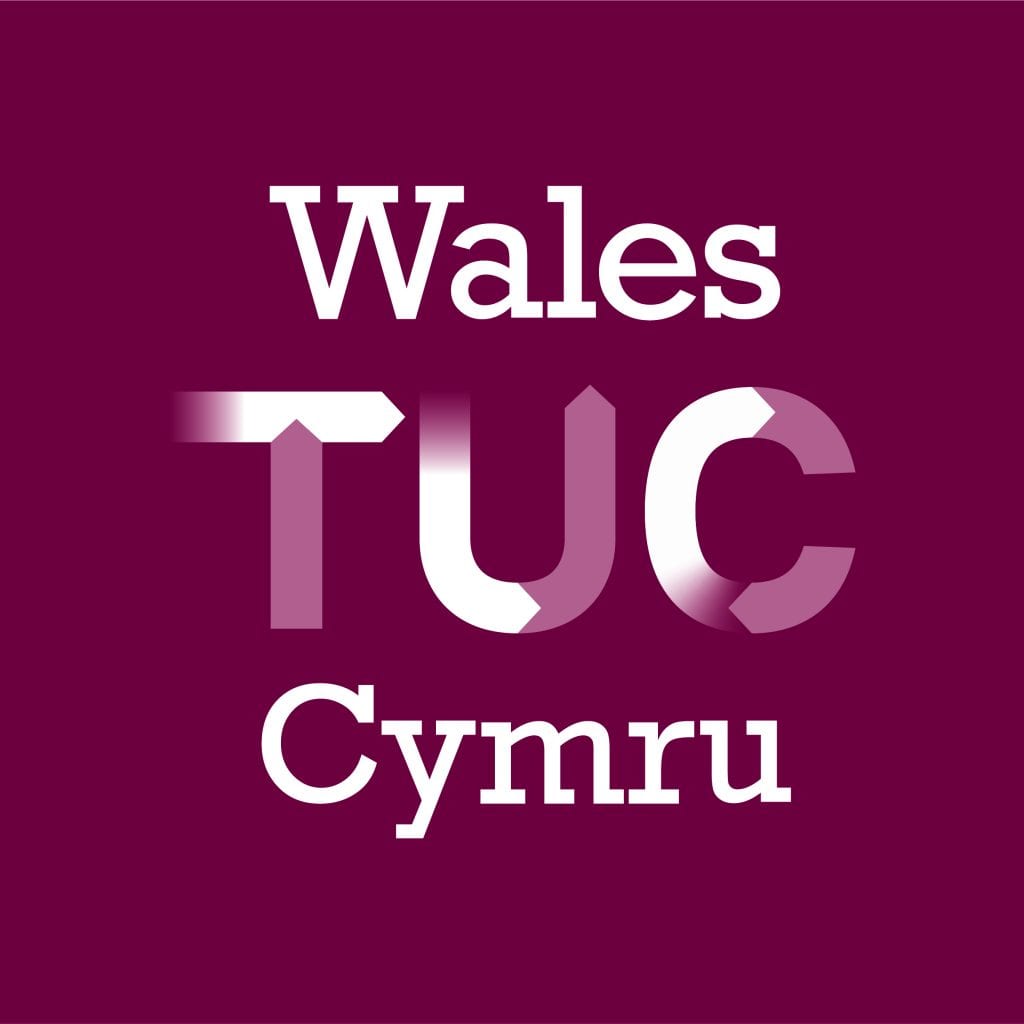The leaders of the three trade union federations in the UK’s devolved nations and regions have united to jointly express their firm opposition and serious concerns at the Internal Market Bill making its way through the UK Parliament.
The three federations, the Wales TUC, the STUC and NIC-ICTU together represent over 1 million workers through the dozens of trade unions affiliated to these bodies, making them among the largest and most representative of civil society bodies in the UK. All three federations work closely with their respective devolved administrations in Holyrood, Cardiff and Stormont, have deep and productive ties with businesses and communities, and engage equally with political opinions of all hues in their devolved polities.
Rozanne Foyer, General Secretary of the Scottish Trade Union Congress (STUC) said:
“Our concerns on the Bill not only relate to the fact that it will very clearly breach international law and makes a Future Relationship agreement between the UK and EU even more unlikely, grave as these are.
“We are firmly opposed to the thrust of the Bill which would significantly and negatively impact on the devolution settlement across the UK, hampering the ability of devolved Governments to legislate independently and set their own policy direction separate from a Tory Brexit agenda at Westminster.”
Shavanah Taj, General Secretary of the Wales Trade Union Congress (WTUC) added:
“Rather than returning powers to the devolved administrations, this Bill centralises power at Westminster. It threatens to limit the Welsh Government’s ability to deliver progressive change through its Fair Work agenda – which is vital in securing greater power and control for workers across Wales.
“The powers that the Bill would give to Westminster over economic development inWales, Scotland and Northern Ireland run roughshod over devolution and raise the potential for the respective block grants to be cut.”
Owen Reidy, Assistant General Secretary of the Irish Congress of Trade Unions’ Northern Ireland Committee, (NIC-ICTU), made the point that
“Having supported the development of the peace process in Northern Ireland over many years, we are particularly concerned at how this Bill will negatively impact on devolution in Northern Ireland and jeopardise the outworkings of theBelfast/Good Friday Agreement. The attempt to unilaterally override the Ireland/Northern Ireland Protocol through this Bill once again raises the unacceptable prospect of a hard border on the island of Ireland.
“This Bill specifically threatens the Human Rights Act in breach of the Good Friday Agreement and the Protocol. For an Act which protects the fundamental rights of all our members to be undermined in this way by the UK Government is shocking. We fear this represents the beginning of a sustained attack on the Human Rights Act and the European Convention on Human Rights which we will strongly oppose.
“We are also concerned that the Bill could override Stormont’s devolved powers over Employment legislation, threatening the rights of workers which are distinct, and we would argue, are better.”
Ms Foyer, Ms Taj and Mr Reidy all concluded their joint statement with a call on the devolved administrations in Cardiff, Edinburgh and Belfast to continue to oppose this Bill.
“This Bill is paving the way for further deregulation and divergence from existing rights, protections and standards. We can only assume that the UK Government is preparing to negotiate trade deals that would weaken protections for our members and would leave our public services vulnerable.
“If the UK Government have any regard for devolution then the Bill will be withdrawn.”
Help keep news FREE for our readers
Supporting your local community newspaper/online news outlet is crucial now more than ever. If you believe in independent journalism, then consider making a valuable contribution by making a one-time or monthly donation. We operate in rural areas where providing unbiased news can be challenging. Read More About Supporting The West Wales Chronicle



























